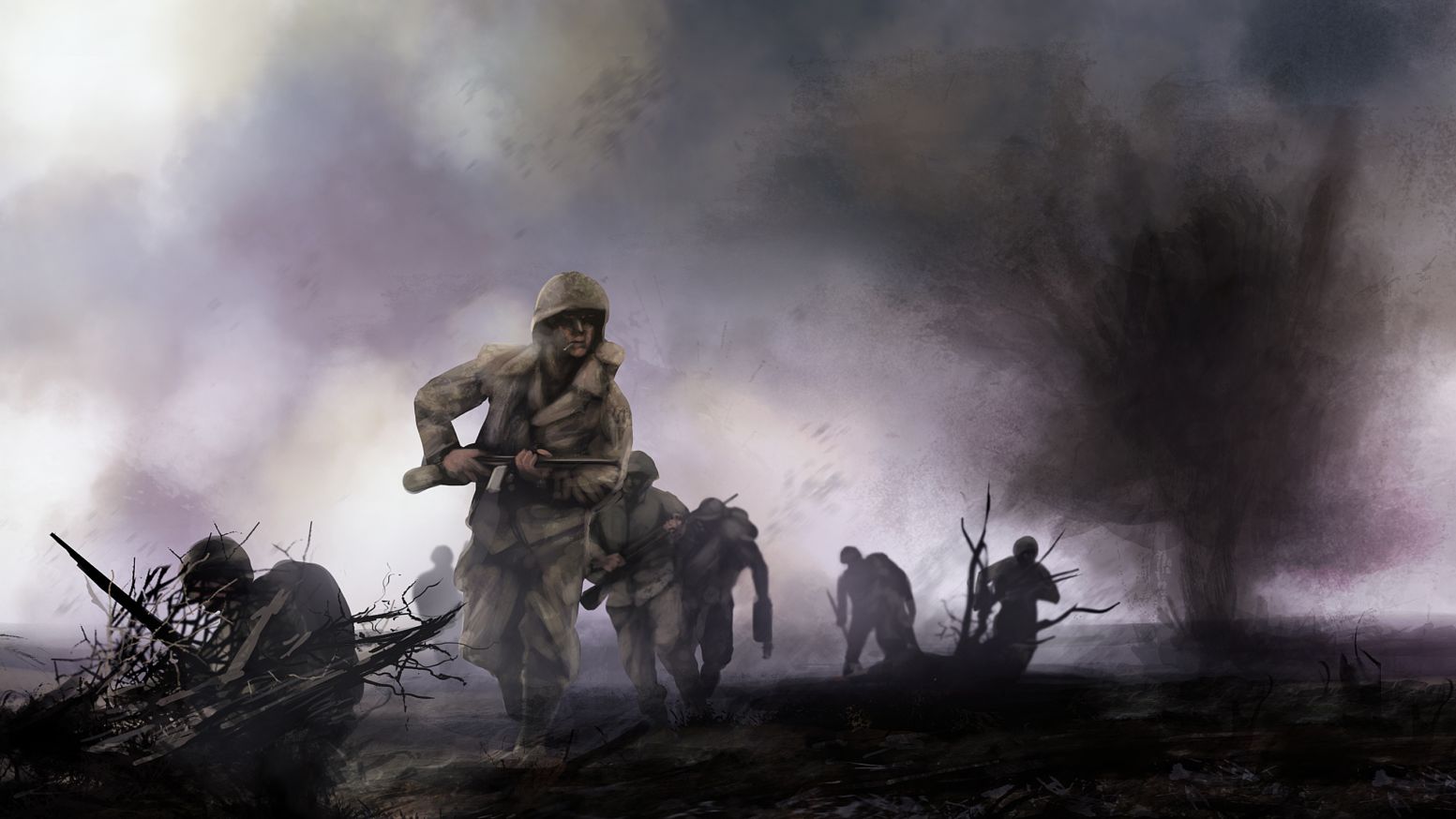Imagine yourself as a soldier in the military. You are dropped into the middle of a war zone; bullets blaze by you. There is one problem, though: you have never had any training!
How might you feel in that moment? You would probably feel overwhelmed, scared, anxious, and a whole host of other emotions. Even with training you may feel this way, particularly your first time on the battlefield. However, one can feel more of a sense of confidence due to training and experience.
Now, imagine yourself as a college student. You walk into class, sit down, and the teacher begins to ask questions that you have never heard anyone at your home congregation ask. These questions begin to take a hold of you mentally and you feel like you do not know what you should believe anymore.
As young Christians go off to college, even Christian colleges, they are facing this more and more. They are hearing questions that tend to foster a sense of doubt about the faith in which they grew up. For some, a semester or two in college can destroy 18 years of learning the Scriptures.
What is the solution? Is there a “Christian Boot Camp” available? How do congregations and their members (parents included) fit into this training?
First, congregations and their members must be open to critical thinking and open to people asking questions with which we may be uncomfortable. If we are not open, young people will ask these questions elsewhere, and the answers they receive may not be the truth.
Second, congregations and their members must be willing to think critically themselves, including asking the questions with which they may be uncomfortable. This means that we cannot simply dismiss items that do not fit our pattern of thought.
Third, congregations and their members must help teach young people to think critically and ask good questions. While the answer is important, how they come to a conclusion is just as, if not more important.
Fourth, congregations and their members must be gentle when the answers they receive back from the questions they ask do not fit what we believe. This means that congregations and their members must create an environment in which people feel comfortable asking questions. We want our young people to be able to be transparent because the reality is that they believe what they believe whether they share it or not. It would better for our young people to feel comfortable sharing something with which we disagree than it would for them to feel like they can’t share it at all. If they don’t have an environment where they feel comfortable talking about these kinds of things, they are likely to keep on believing something that will move them from the faith. On the other hand, if they share with us, we at least have an opportunity to have a conversation about their beliefs.
Fifth, congregations and their members must offer opportunities to process these questions in a safe space. This means providing opportunities by asking questions that are difficult to process and require digging, as well as throwing out ideas that force people to think. This also means that we are willing to honestly hear others’ perspectives as opposed to listening so that we can argue a point.
Sixth, congregations and their members must be willing to help youth process and think through the material. When the opportunities to discuss are provided, we must mentor and take the opportunity to help build relationships. We must encourage our young people to think for themselves because they will do so whether we are involved or not.
I have heard statistics concerning the number of young people who are falling from their faith after going away to college or leaving the house. If we are to help our young people have as strong a foundation as possible, we must be willing to engage in potentially uncomfortable dialogue as we help them think for themselves. When they do leave the house, we want them to be able to think critically, process information, and be familiar with uncomfortable questions. If we do not help them think this way, society and secularists will be glad to. Which would you prefer? Are your young people trained before they get dropped into the war zone?
